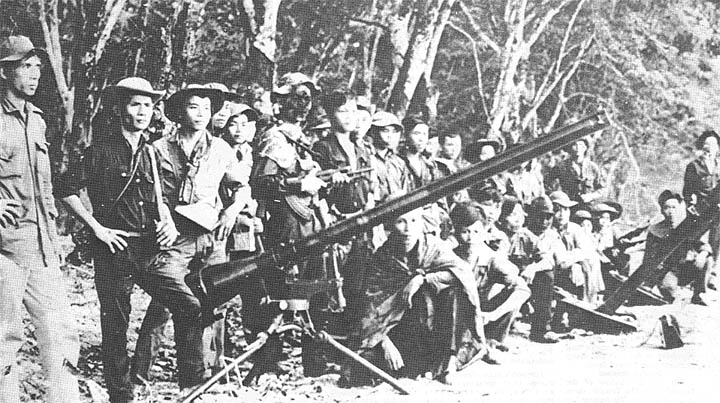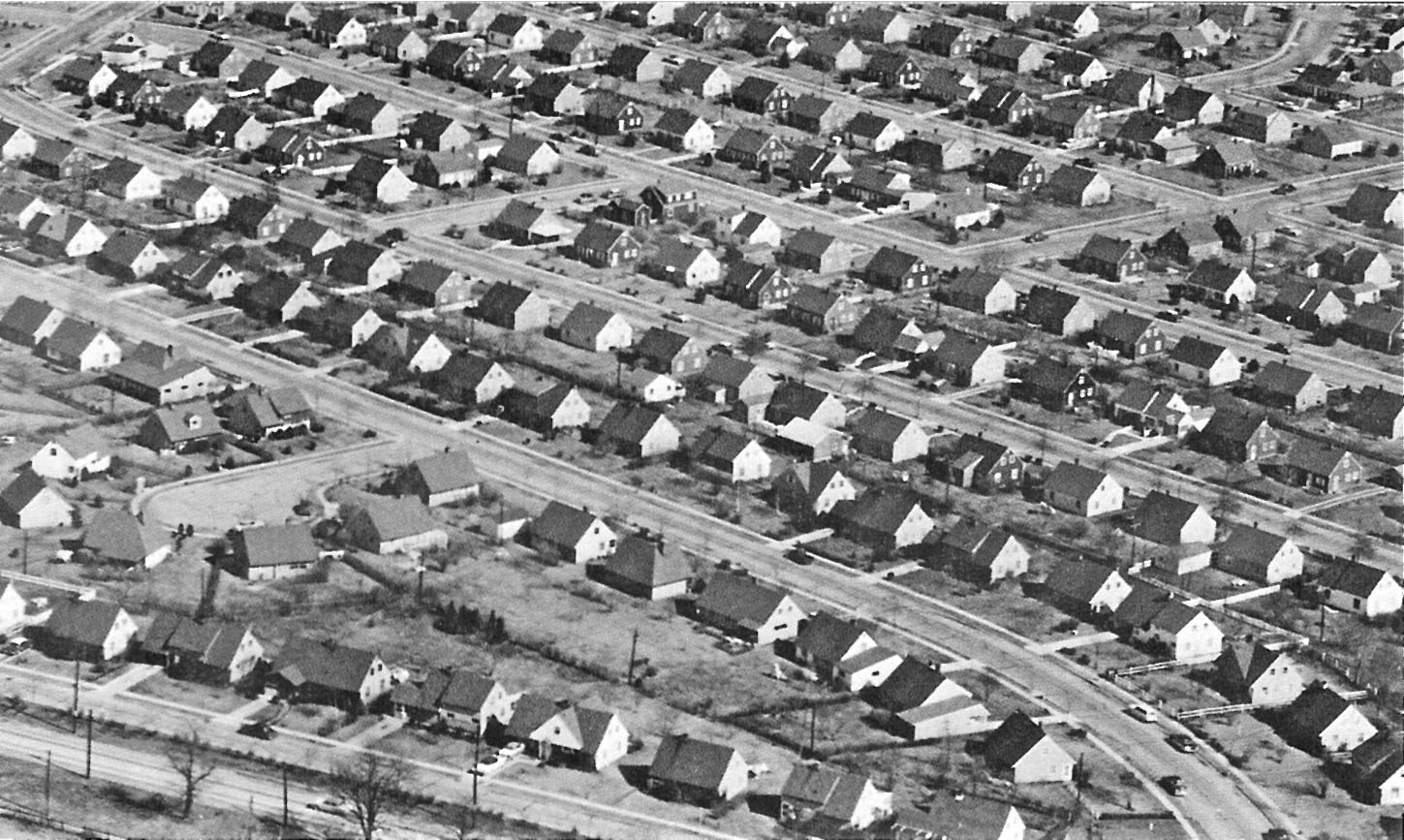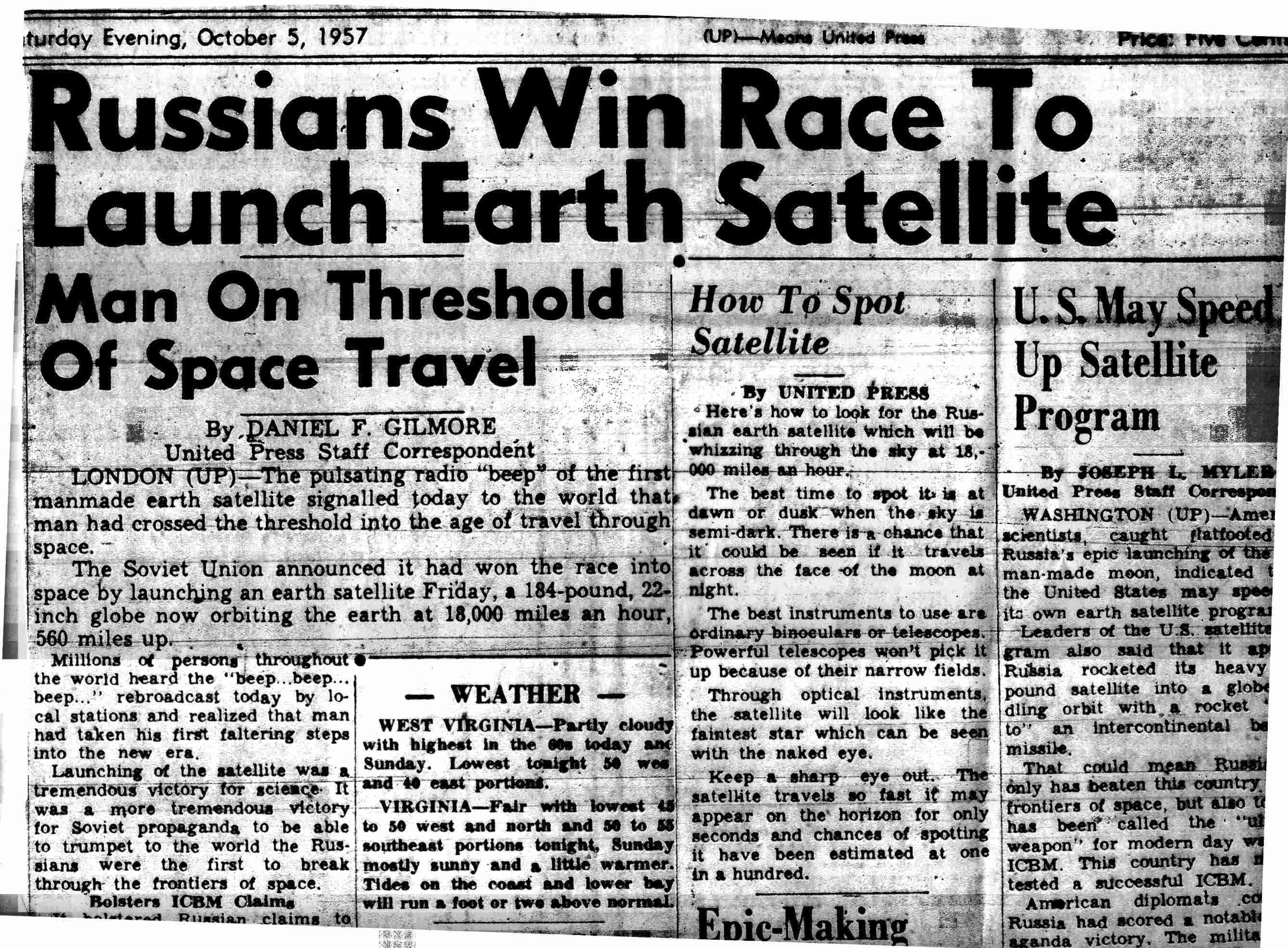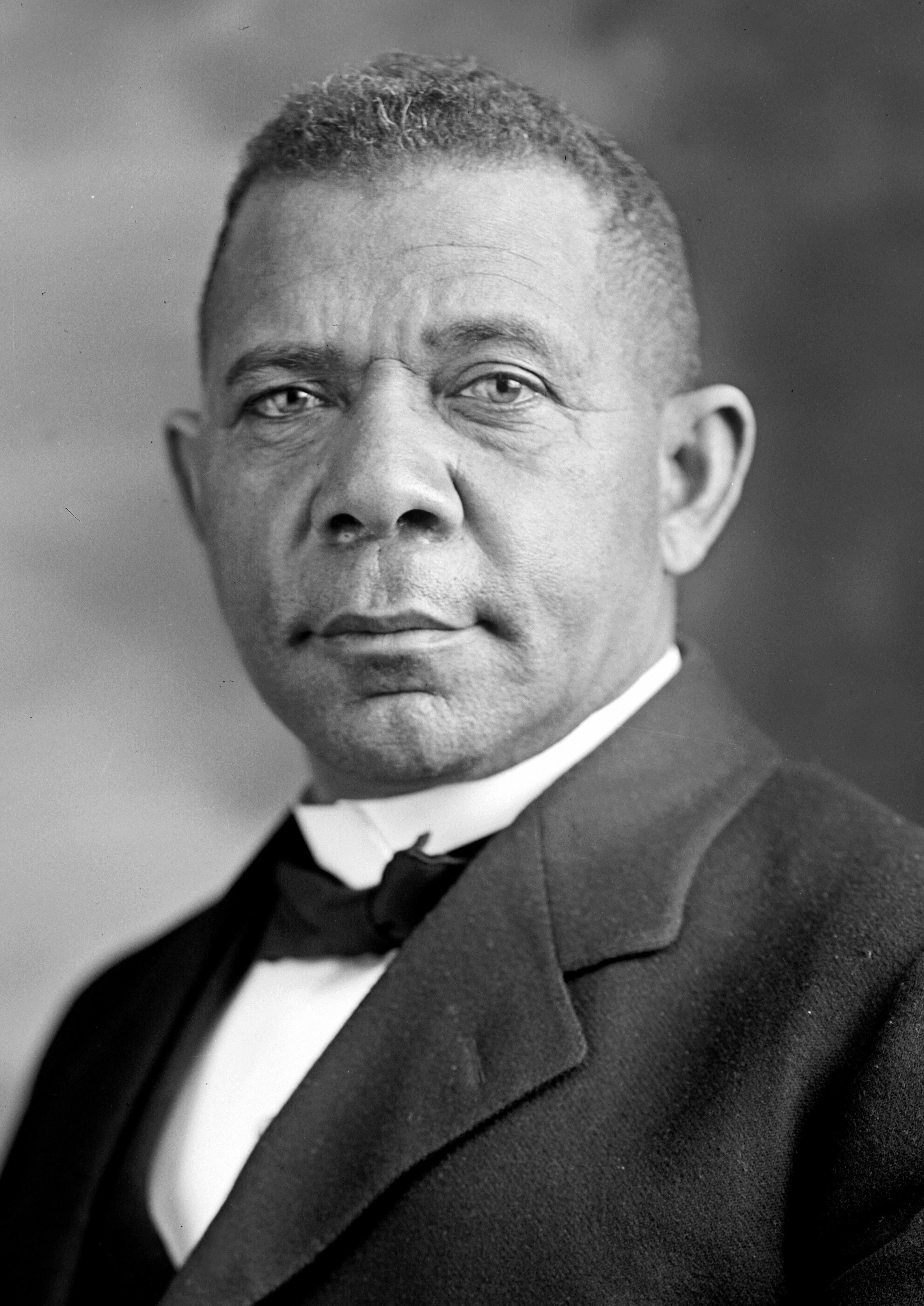Entering a New Era
1992-"Present"
After twelve years of
Republican Rule in the White House, Democrat Bill Clinton ended the Republican
period. In 1996, Clinton became the first Democratic President since Franklin
D. Roosevelt to won a second term. In the 1990's, with the end of the Cold War
abroad and a rapidly changing cultural climate at home, President Clinton and
the American people would need to find creative solutions to many complex
problems. American voters, concerned with an ailing economy, elected Democrat
Bill Clinton to the presidency in 1992. Congress approved Clinton's first
budget, but rejected his plan to reform the health-care system. Also the end of
the Cold War in the 1990's left Clinton administration struggling to find its
way through uncharted water in international relations, new problems would
arise since the fall of communism. By the 1990's immigration and aging
population had changed the makeup of the US. Minority groups comprised a much
larger percentage of the population than ever before and older Americans made
up the fastest-growing age group in the country.
 Bill Clinton and John F. Kennedy
Bill Clinton and John F. Kennedy
At the age of 17, Bill
Clinton shook hands with President Kennedy. A hard working student from the
small town of Hope, Arkansas, Clinton was chosen to participate in Boys Nation,
a summer program in which high school students learn about politics. During
Clinton's campaign of 1992, it was a three-way race. Like the 1912 campaign,
but now in 1992 we find Bill Clinton who was 46 at the time, Senator Al Gore
of Tennessee who was in his forties also, and the third candidate H.
Ross Perot, a billionaire businessman from Texas who had made a fortune in
computer data processing. Although Clinton won the elections, he did have
trouble in his administration when his health-care plan was not passed; this
was a sign of coming political trouble. During the campaign Newt Gingrich,
a representative from Georgia, called on republican candidate to endorse a
"Contract with America" to scale back the role of the federal
government, eliminate bothersome regulations, reduce taxes, and balance the
budget.
Witnessing the collapse
of communism in the Soviet Union and Eastern Europe, President Bush had spoken
hopefully of the dawn of a "New World Order." By this, he meant a
more stable and peaceful world in which "the strong respect the rights of
the weak." At this time period the US worked on spreading democracy over
Europe, specially the former Soviet Republic. It applauded the election of Boris
Yeltsin as president of Russia, and President Clinton supported Russia
steps towards democracy. During the Clinton administration, there we other
conflicts in other parts of the world, for example South Africa and its social
problems to overturn apartheid-the systematic separation of the black
and white races. Since only 15% of the population was white and did not accept
to give equal rights to the majority the US and other nations had used economic
sanctions-trade restrictions-to encourage reform. Although the US found it fascinating
to help the Soviet Union become democratic, other countries such as Bosnia
had social conflicts and political divisions in their own country. Also during
Clinton's administration, the North American Free Trade Agreement (NAFTA),
a landmark agreement that to effect in 1994, a called for removal of trade
restrictions among the US, Mexico, and Canada. During the 1990's a great deal
of immigration occurred, the culture of the US was being enriched by new people
coming in from different cultures, therefore, another efforts to help make
diversity wok was multiculturalism, a movement that called for greater
attention to non-European cultures in such areas as education. Also during the
Clinton presidency a new revolution was to occur and it was the Internet,
which is a computer virtual network which allows people to connect around the
world.
 Boris Yeltsin & Bill Clinton
Boris Yeltsin & Bill Clinton
As a result of an era
of the Clinton administration the US has become one of the greatest World
Powers. With all its ups and downs, it has been the mother of democracy and its
spreading all over the world. The 90's decade gave birth too many positive
results of the 21st century nowadays. The power of several of Clinton’s
policies, such as the Health-care (which was not approved by Congress) now is
being implemented in the Obama administration. The present America is a result
of the 90's and the end of the Cold War. Also one of the biggest revolutionary
parts of the 90's was the Internet, which has made our modern world what it is.







